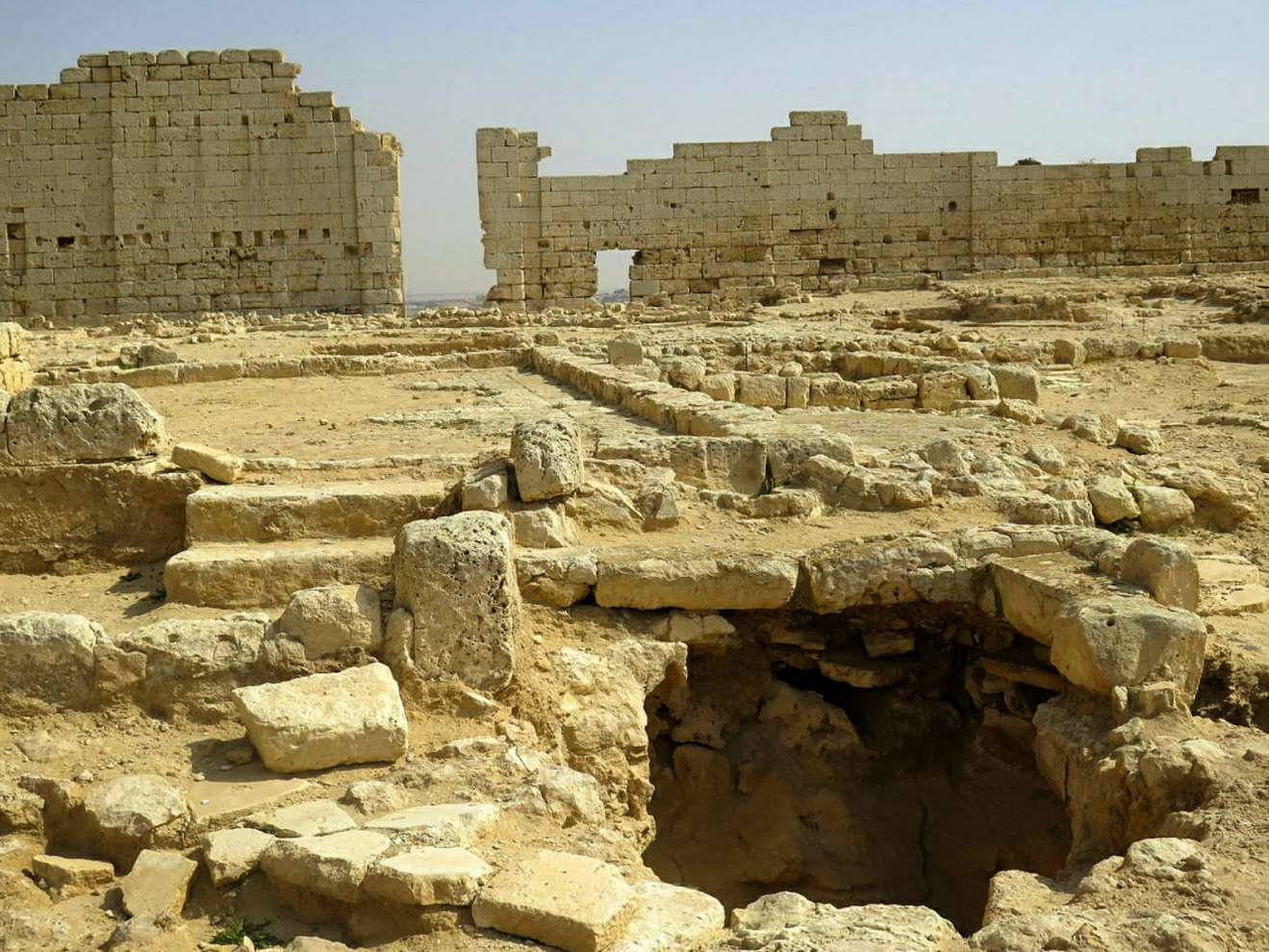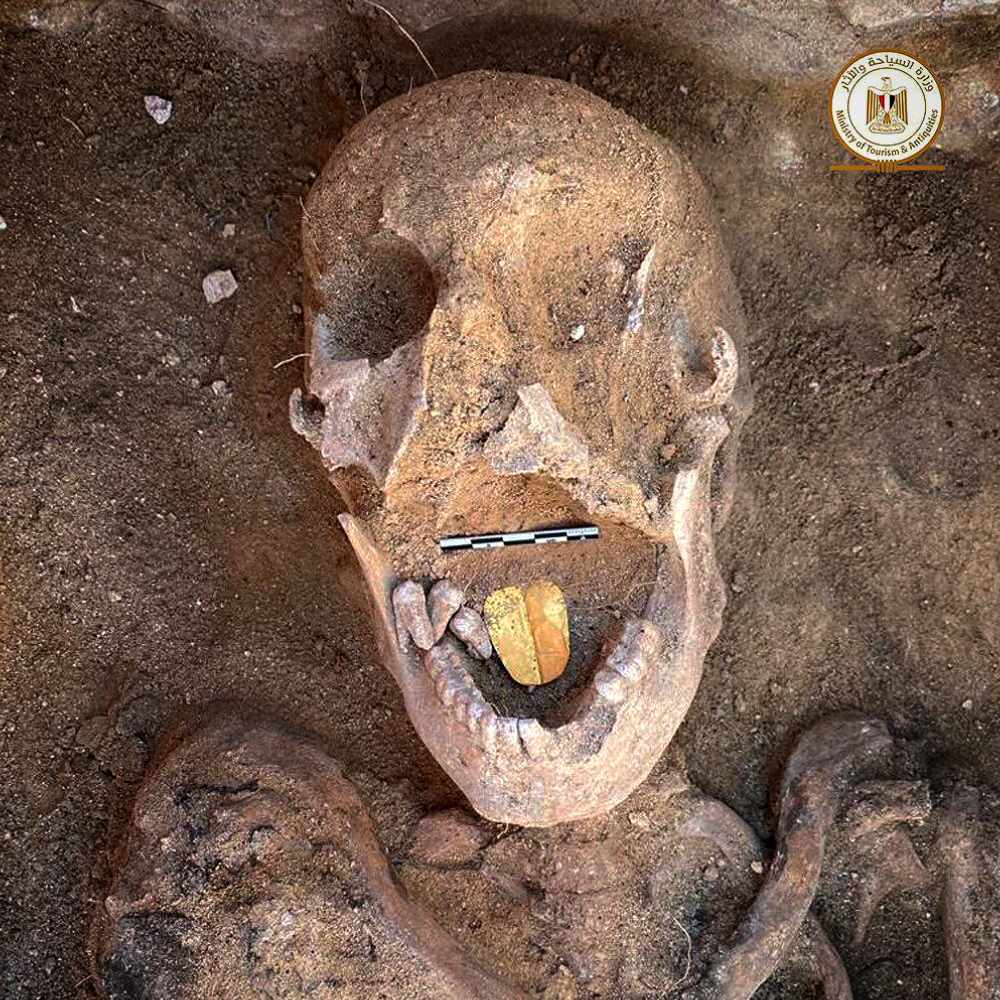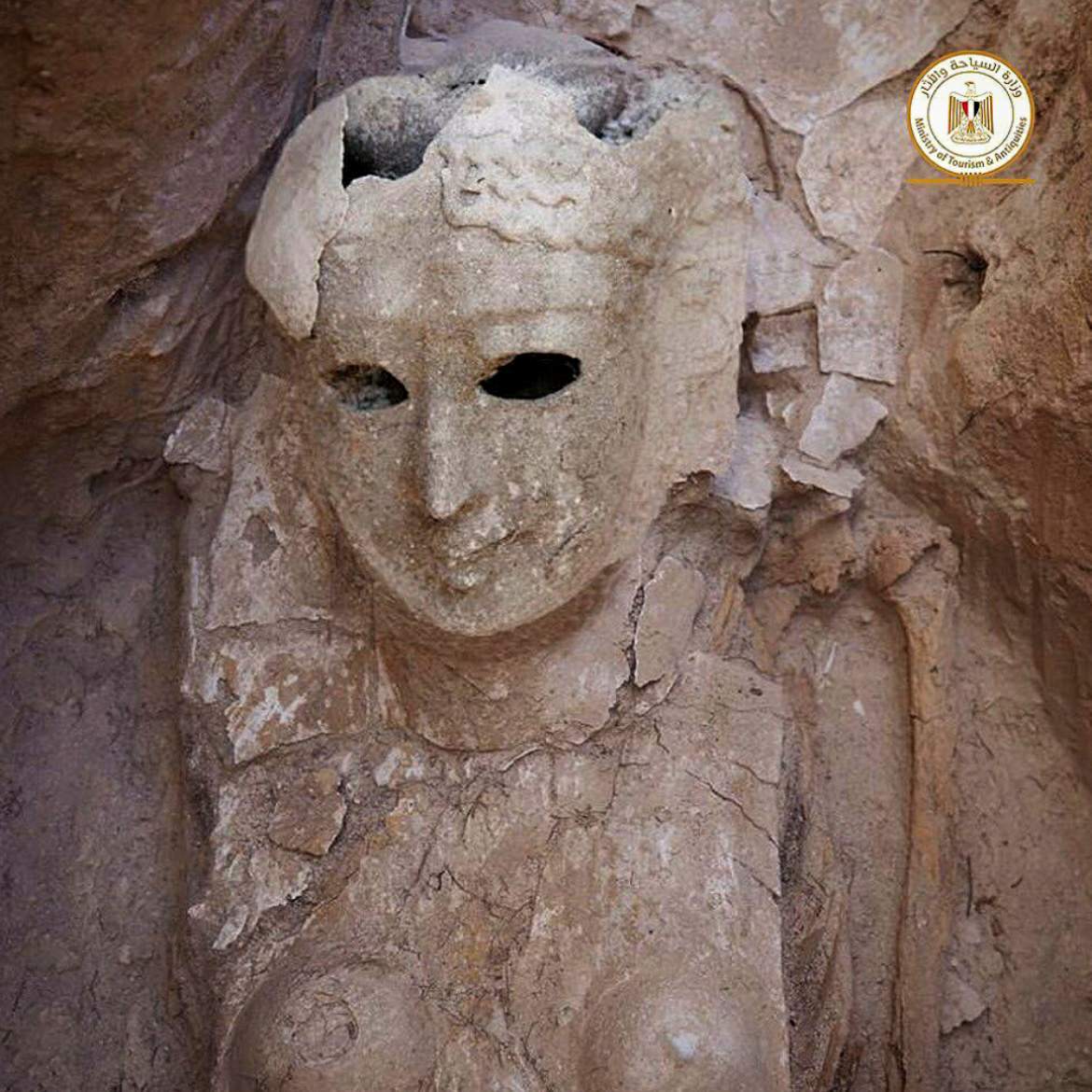Gold-tongued mummy found in Egypt
Archaeologist Kathleen Martínez leads an Egyptian-Dominican mission that has been carefully exploring the remains of the Taposiris Magna necropolis, west of Alexandria, since 2005. It is a temple that could be built by one of the descendants of Alexander the Great’s general: King Ptolemy IV, who ruled the region from 221 BC to 204 BC.

It is an impressive centre of archaeological remains, where various coins with the image of Queen Cleopatra VII have already been found. Now, they have found older remains, at least 2,000 years old. It is about fifteen Greco-Roman burials, with various mummies, among which one very particular stands out.

The mummies found there were in a poor state of preservation, and one of the aspects that has had the greatest international repercussion has been that a gold tongue found in one of them, which was placed there as a ritual element to ensure its ability to speak before the court of Osiris, charged with judging the dead in the afterlife.
The institution also reports that one of the found mummies contained golden Osiris beads, while another mummy wore a crown decorated with horns and a cobra on its forehead. A golden necklace in the shape of a hawk, symbol of the god Horus, was also discovered on the chest of the last mummy.
According to the director-general of the Department of Antiquities of Alexandria, Khaled Abu al Hamd, in recent months they have also discovered a funerary mask of a woman, eight gold plates and eight refined Greco-Roman marble masks.

The Egyptian-Dominican expedition has been combing the area for more than 15 years because they hope to discover the tomb of the mythical Cleopatra. According to the story, the pharaoh committed suicide by having an asp bite her in AD 30 after her lover, the Roman general Mark Antony, bled to death in her arms. At least this is the official version that has emerged from Plutarch’s texts because it is also suspected that she could have been poisoned.
Related Post
A shocking documentary proves that mermaids do exist
SHOCKING Revelation: Thuya, Mother of Queen Tiye, Was the Grandmother of Akhenaten and Tutankhamun—What Ancient Egyptian Secrets Did She Leave Behind?
Breaking News: Astonishing Discoveries at Karahan Tepe Confirm an Extraterrestrial Civilization is Hiding on Earth, and NO ONE Knows!
Breaking News: Researchers FINALLY Discover U.S. Navy Flight 19 After 75 Years Lost in the Bermuda Triangle!
NASA’s Secret Investigation: Uncovering the Astonishing Mystery of the UFO Crash on the Mountain!
Explosive UFO Docs LEAKED: Startling Proof That Aliens Ruled Ancient Egypt!